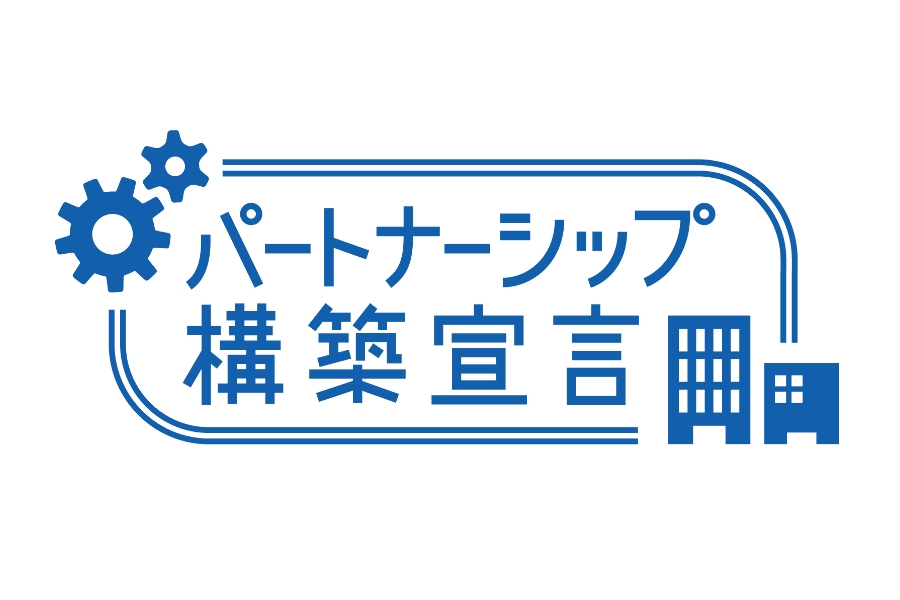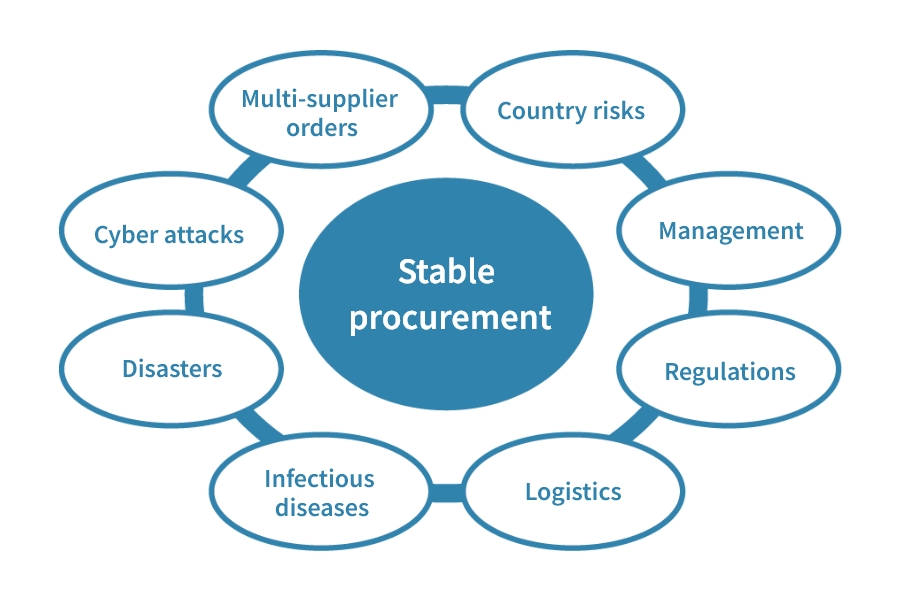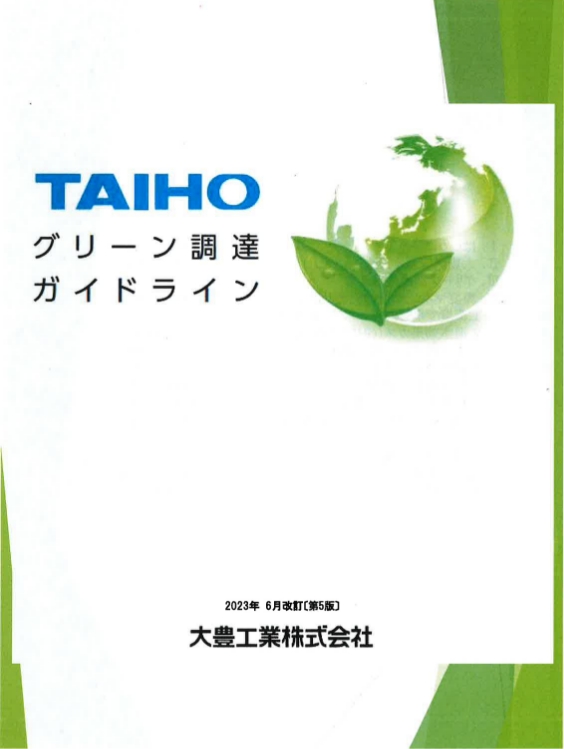Basic approach
We endeavor to promote proper transactions in accordance with our Basic Policy on Procurement. In promoting procurement activities, we engage in activities with our business connections throughout the supply chain and will work on building partnerships based on mutual trust in order to cultivate sustainable growth for all parties.
Basic Policy on Procurement
Principle of open, fair, and equitable transactions
Principle of strengthening competitiveness together with suppliers/vendors
Principle of co-existence and co-prosperity with suppliers/vendors
Principle of sharing challenges, goals, and results in connection with cost-reduction activities
Principle of ensuring two-way communications based on mutual trust
Key initiatives
Strengthening our partnerships with suppliers
In March of each year, we develop our procurement policy. As part of this process, we present our management philosophy and corporate policy and explain and share our initiatives on the environment, safety, compliance, quality, production, costs, and other matters and the targets that we are expected to meet as a company. With this approach, we seek to reinforce ties with our business connections and fortify our initiatives as they relate to the promotion of proper transactions. In December 2022, we formulated and released our Declaration on Building Partnerships. We are working to promote closer ties to and initiatives for co-existence and co-prosperity with business connections in our supply chain and those businesses with whom we are endeavoring to create value.

Support activities for growing together with our partners
Hoseikai, an organization consisting of our cooperative (18 members in total), was formed in 1989 to promote the growth of the company through mutual study as a cooperative of the Taiho Group. This organization holds an exhibition of case studies highlighting ways that technology can be developed and upgraded for the purpose of increasing sales and profits through enhancements to each member company’s developmental capabilities and productivity. This fiscal year, a workshop on quality is being planned by Hoseikai and activities are being carried out to train quality function personnel at member companies.
Supply chain management
Based on our experiences in dealing with the Great East Japan Earthquake, the spread of COVID-19, and semiconductor shortages, we are developing a production stance that calls on us to ascertain the supply chain, secure multiple procurement sources, and otherwise deal with supply risks. In order to ensure that we act smoothly in the event of a large-scale disaster, we will seek to further strengthen our systems by conducting disaster-prevention drills for various contingencies and hold workshops related to BCM together with our business connections.

Green procurement
In our Green Procurement Guidelines, we ask our business connections to work on building an environmental management system, reduce greenhouse gas emissions and their impact on water, manage chemical substances, and help create a society that exists in a state of harmony with nature.
As part of our activities in support of the environment, we continue to visit companies and hold meetings to check sites and goods in person. We will continue to promote these activities together with our business connections. With the cooperation of our business connections, we maintain a system to ensure the non-use of conflict minerals in accordance with a policy of never using, directly or indirectly, such raw materials in our operations. In April 2023, we held a briefing session on carbon neutrality at which we explained our initiatives in this area to our business connections in accordance with the Declaration on Carbon Neutrality that we had previously issued. We released our Green Procurement Guidelines (fifth edition) in July of the same year.



